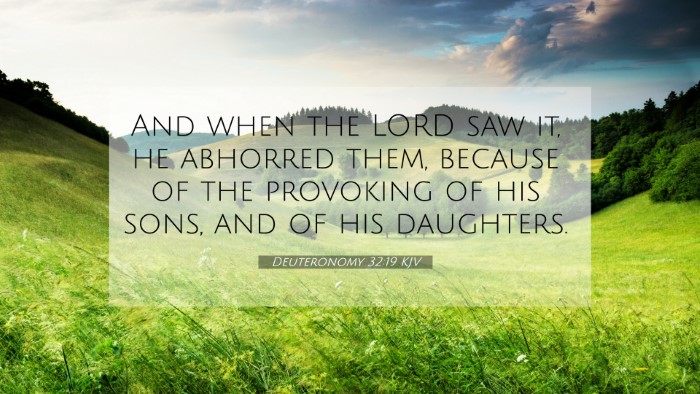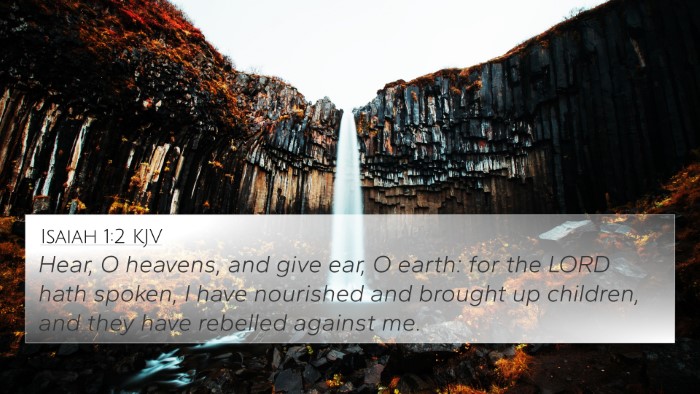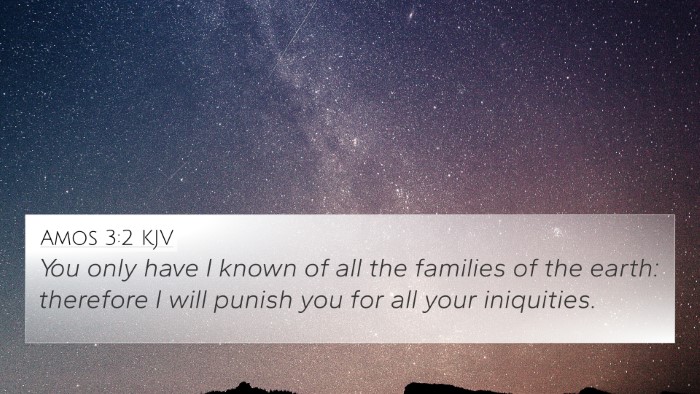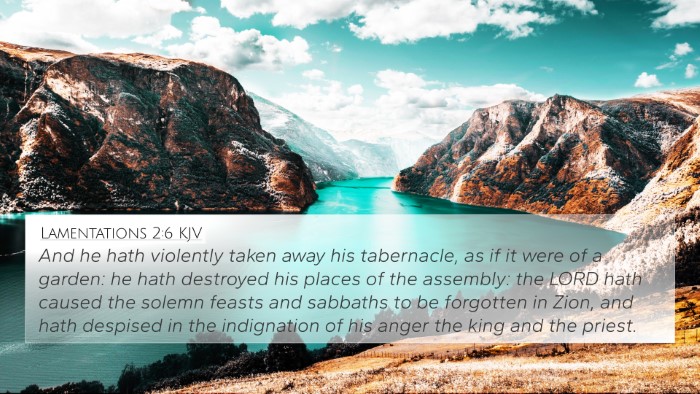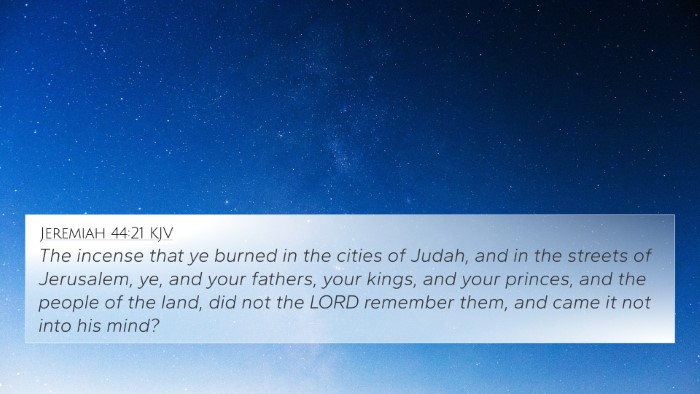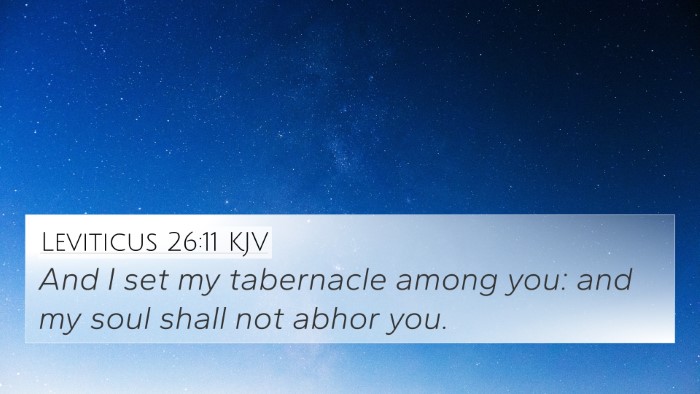Understanding Deuteronomy 32:19
The verse from Deuteronomy 32:19 states:
"And when the Lord saw it, he abhorred them, because of the provoking of his sons, and of his daughters."
This powerful verse highlights God's intense emotions towards His people, specifically his disdain for their waywardness. Through the lens of public domain commentaries such as those by Matthew Henry, Albert Barnes, and Adam Clarke, we can explore the profound meanings encapsulated in this text.
Meaning and Interpretation
Matthew Henry's Commentary
Matthew Henry provides insight into the emotional response of God towards Israel's idolatry. He argues that God's abhorrence is a reaction to the ungratefulness and rebellion of His people, highlighting the seriousness of turning away from divine commandments.
Albert Barnes' Notes
Albert Barnes emphasizes the context of God's relationship with Israel. He explains that the provoking mentioned refers to the Israelites' actions that directly displease God. Barnes' analysis points out that this is an important aspect of understanding God's justice and mercy.
Adam Clarke's Commentary
Adam Clarke elaborates on the consequences that arise from disobedience. He notes that the term “sons and daughters” signifies the close relationship God has with His people and their betrayal of that bond. Clarke’s examination encourages readers to reflect on their own actions and their relationship with God.
Bible Cross-References
Deuteronomy 32:19 can be linked to several other biblical texts that help illuminate its meaning. Here are some notable cross-references:
- Psalm 78:58: A reminder of the provocation that God experiences from His people.
- Isaiah 1:2: God declares that His children have rebelled against Him.
- Jeremiah 32:30: Describes the idolatrous nature of Israel, further connecting to their provoking of God.
- Romans 10:21: Indicates that God's hands are stretched out to a disobedient people.
- Hebrews 10:29: Discusses how those who reject Christ provoke God to anger.
- Exodus 32:9-10: The Lord's own words about His people being a stiff-necked people.
- Deuteronomy 30:17-18: The consequences of turning away from God.
Thematic Connections
This verse demonstrates thematic connections across the Bible regarding the adversarial relationship between God's expectations and human action:
- God's Justice: The theme of God’s response to provocation by His children is prevalent throughout the scriptures.
- Human Rebellion: The frequent reminders of humanity’s tendency to stray away from divine guidelines.
- Parental Love: The complexities of the love that God holds for His children despite their failings.
- Covenantal Relationship: The importance of the covenant as a call to fidelity towards God.
Conclusion
In summary, Deuteronomy 32:19 acts as a poignant reminder of the tensions that exist in the relationship between God and His people. Understanding this text requires an acknowledgment of the principles of justice, love, and the potential for reconciliation, which are fundamentally present in the broader narrative of the Bible.
The exploration of this verse encourages readers to reflect on their own lives and consider how they can align themselves with God's will, recognizing the importance of understanding connections between Bible verses for deeper spiritual engagement.
Tools for Bible Cross-Referencing
For those interested in delving deeper into cross-referencing in the Bible, various tools can be employed:
- Bible Concordance: An essential resource for exploring keywords.
- Bible Cross-Reference Guide: Provides structured connections between verses.
- Bible Chain References: Helps follow themes throughout scripture.
Final Thoughts
Understanding the complexity of biblical texts involves recognizing cross-references and thematic connections. By engaging with resources and commentaries, believers and seekers alike can gain a fuller perspective on the truths that the Scriptures provide.


